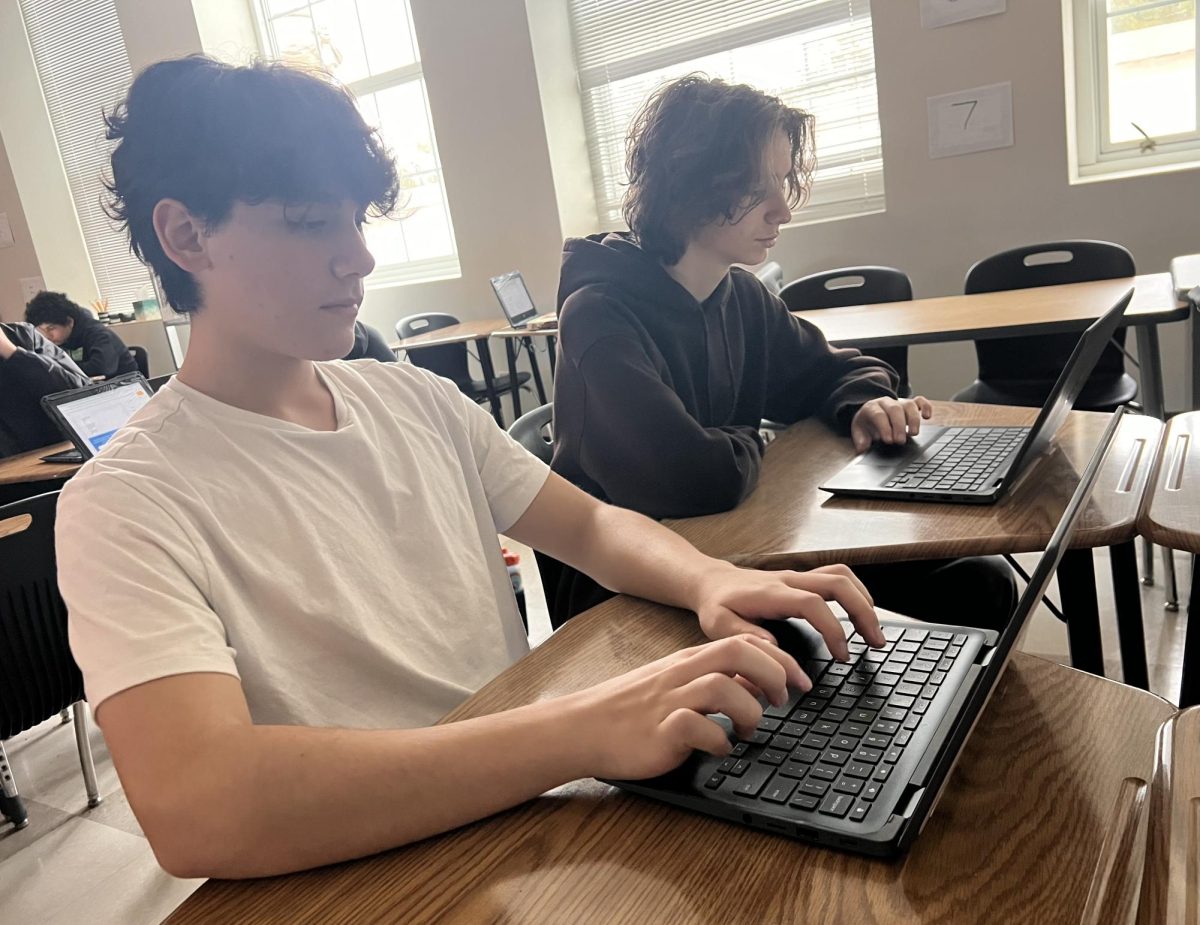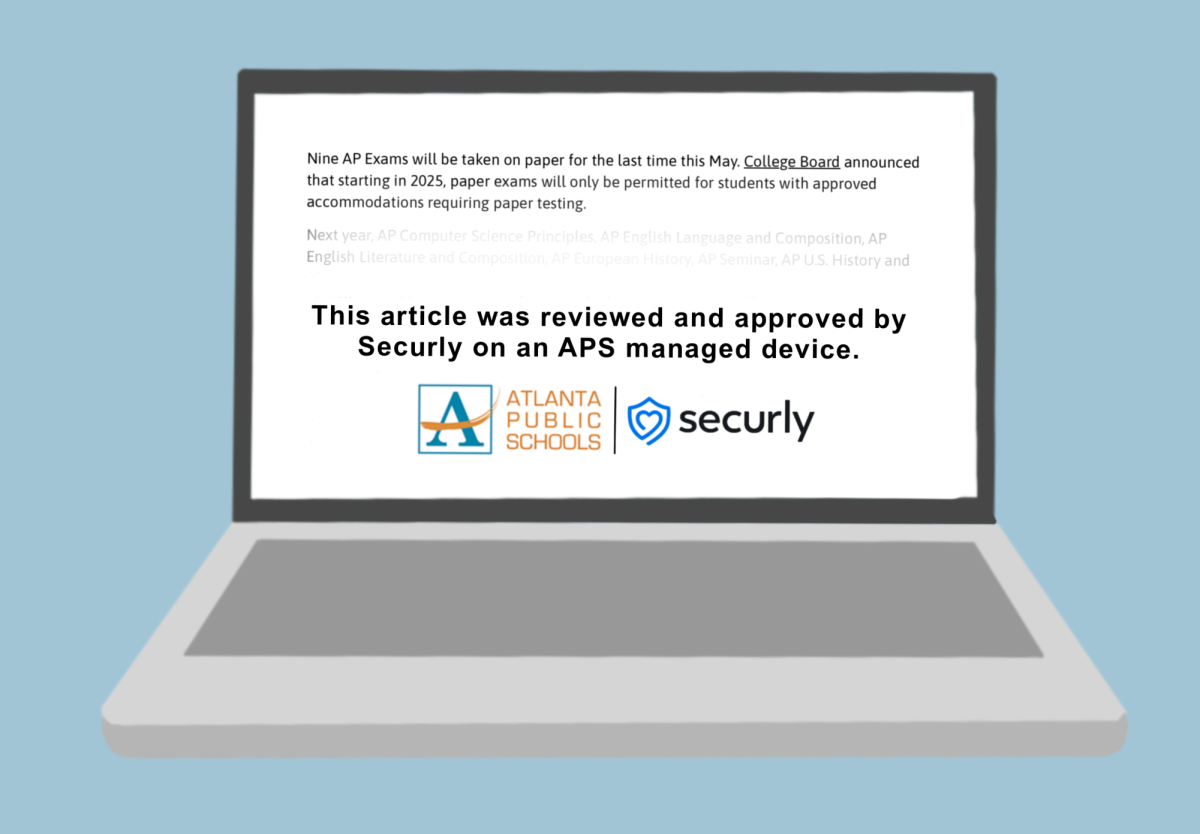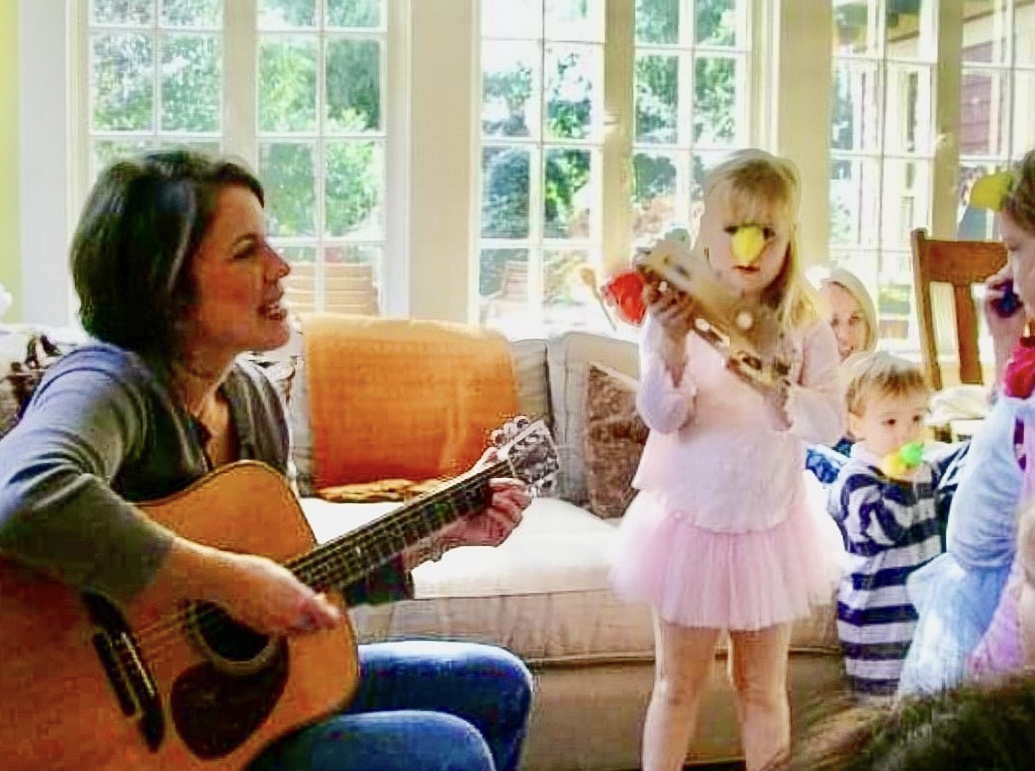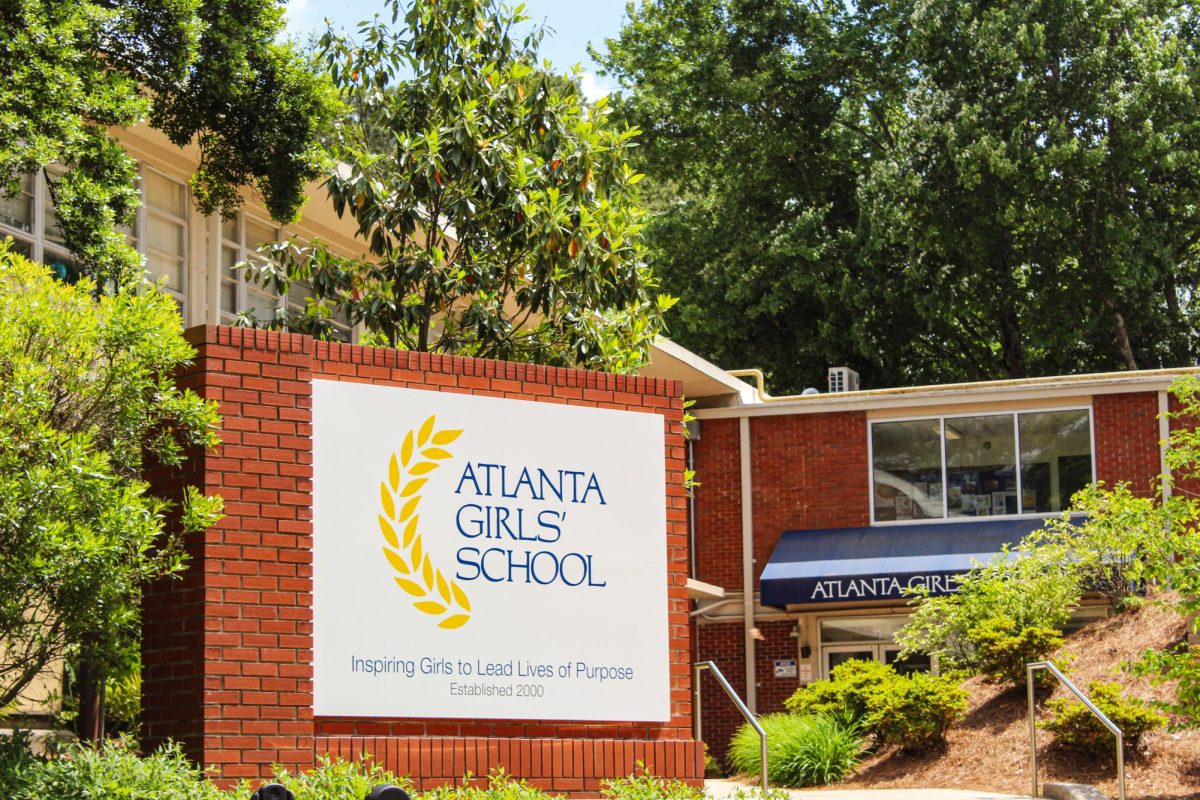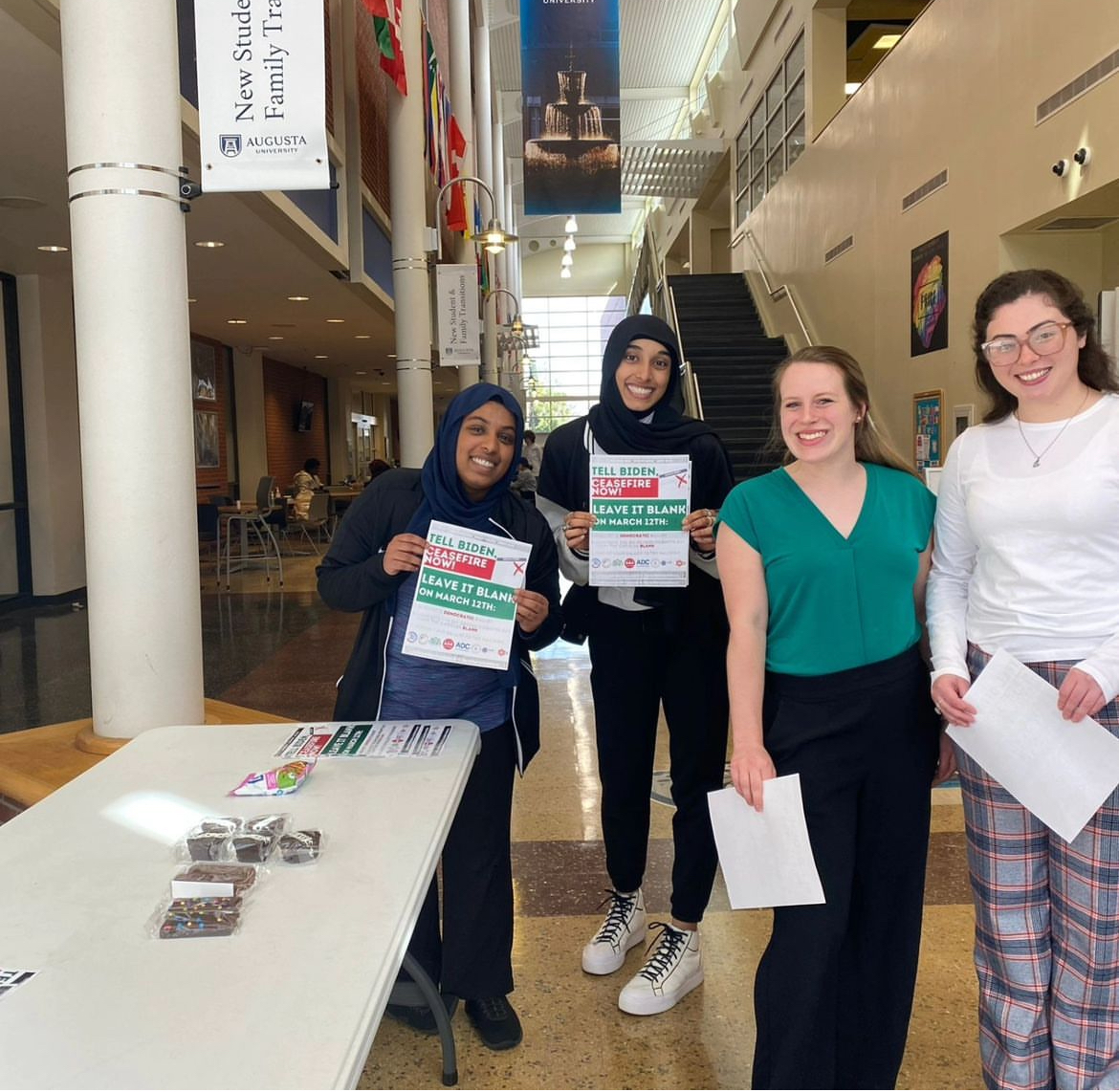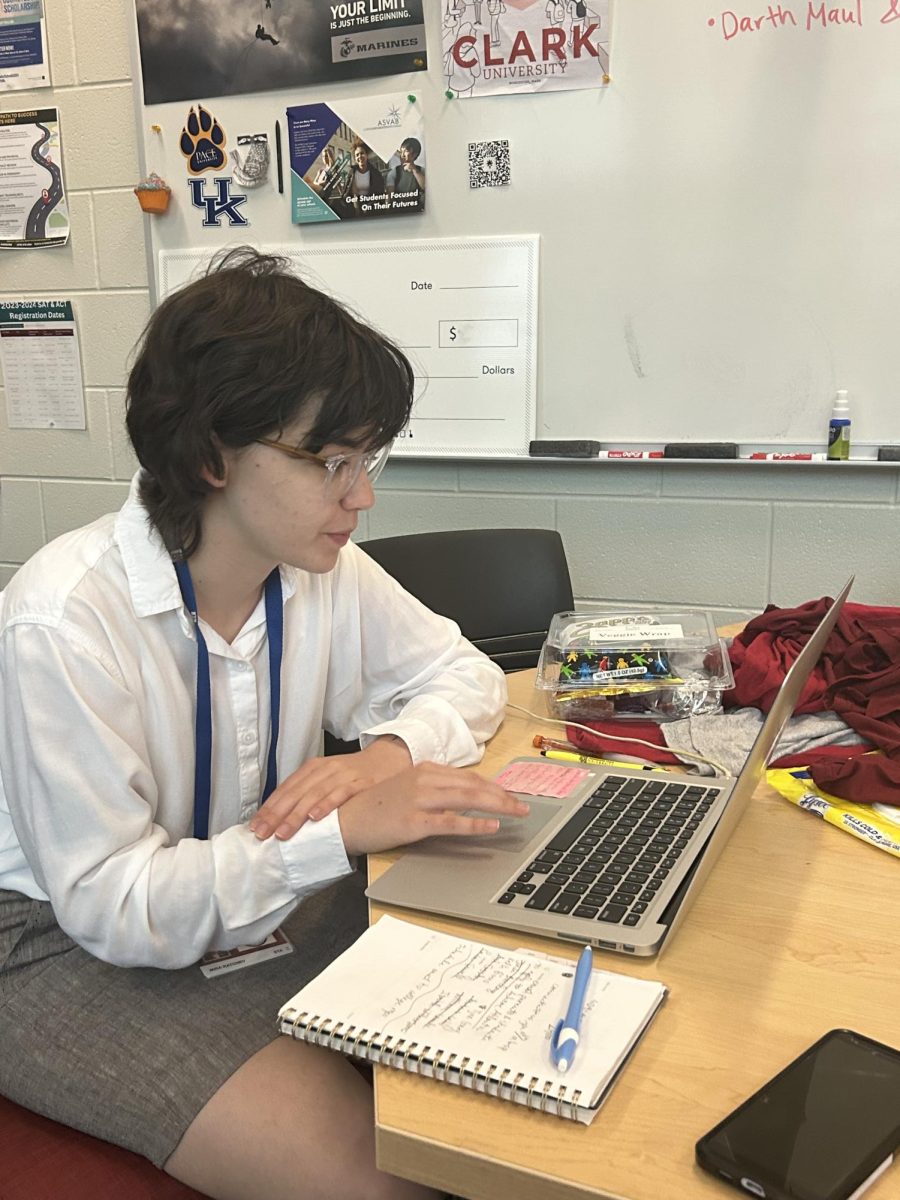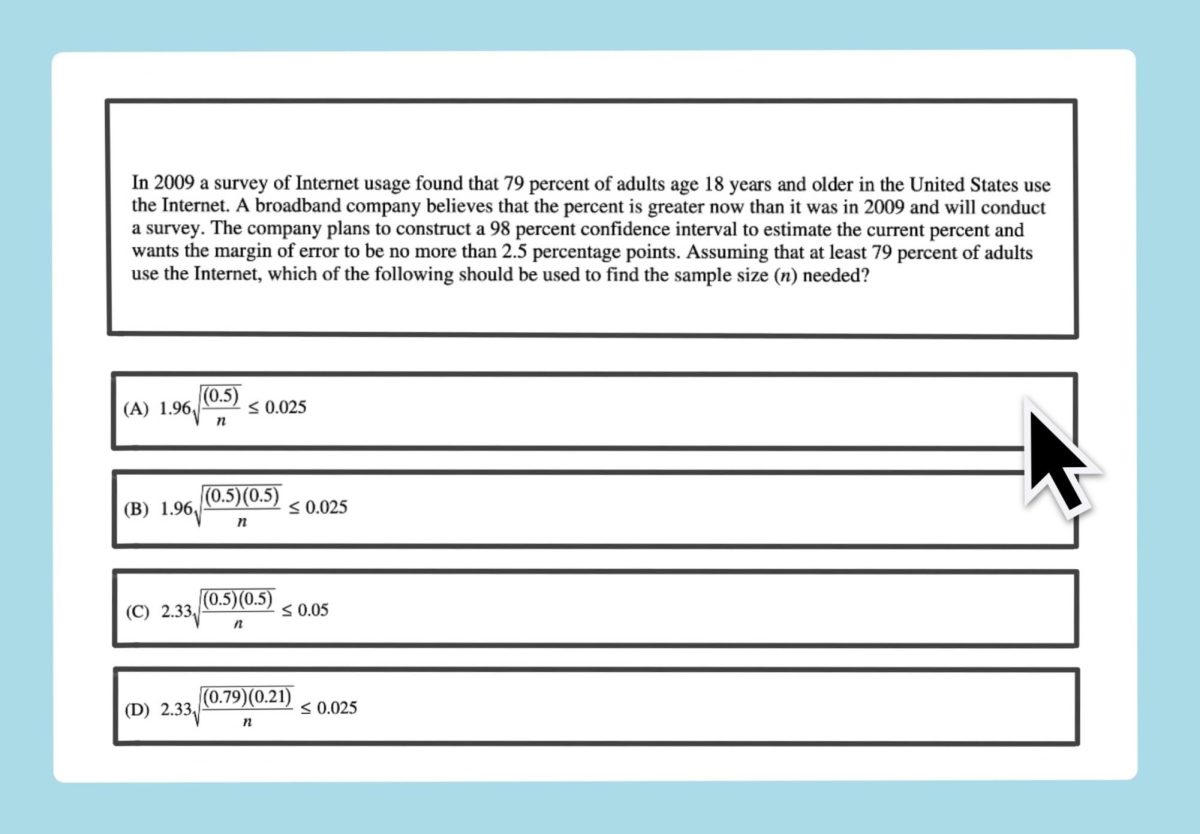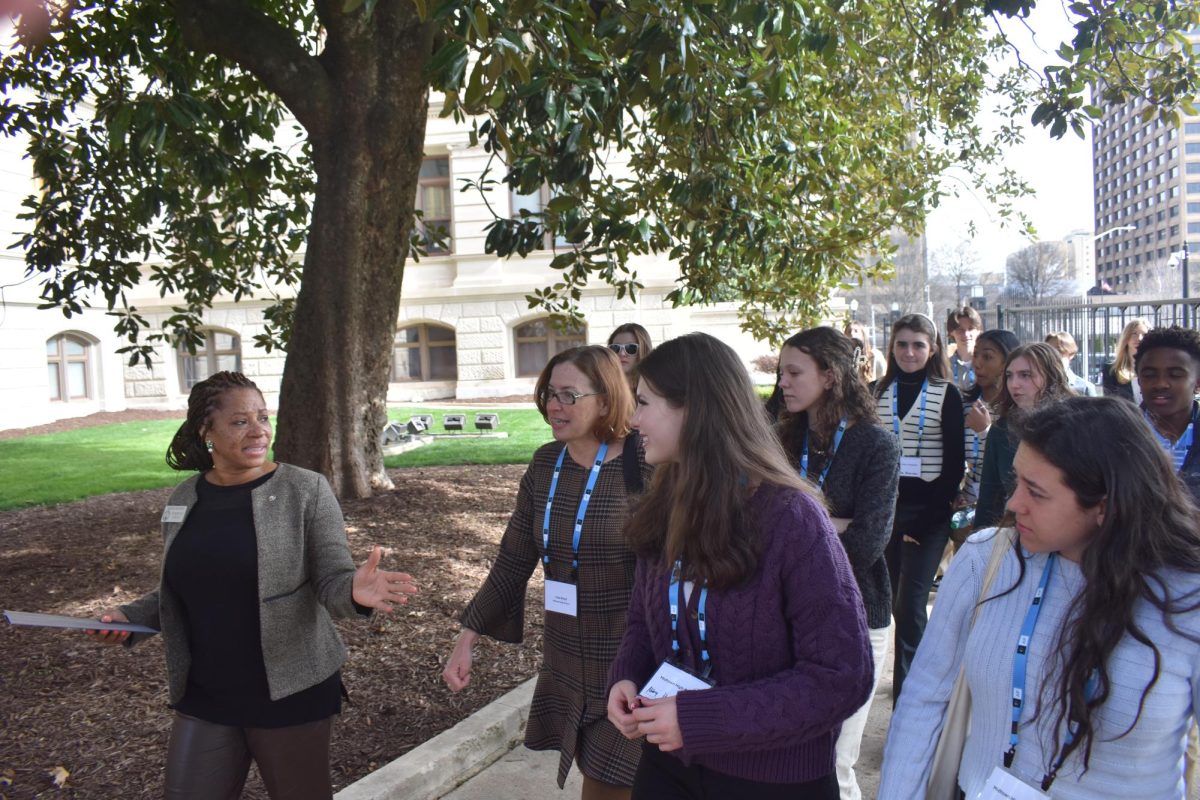Howard Middle School and Midtown have shifted their math curricular resources to align with new state educational standards.
The standards caused Howard to shift to Amplify curricular resources and Midtown to shift to Big Ideas Learning curricular resources, which both include exploratory activities. Howard Principal Tekeshia Hollis said Howard was directed to utilize Amplify curricular resources through district guidelines.
“When the opportunity arose to transition to curriculum resources better aligned with state standards, we opted to make that shift,” Hollis said. “The purpose of this transition is to ensure that teachers have the necessary resources to address the new math standards adopted in July 2023 for implementation. The primary audience is the students – our goal is to provide them with the optimal resources to achieve mastery of the new standards.”
Midtown math teacher Talyssa Hunter said the official state standards implementation was originally set for last year.
“We were supposed to [implement the new standards] last year, but given the fact that people were still recovering from Covid-19, they [the district] just wanted to make sure that everything was in place,” Hunter said. “So, this is the first year of implementation of the new standards, and we have new curricular resources from [Big Ideas Learning], too.”
Although the standards weren’t officially implemented until this year, Hunter said she had already begun using exploratory activities.
“We started doing more exploratory activities at the high school level, especially in Algebra I, Geometry and Algebra II classes, which are known as the ATA courses,” Hunter said. “[We did this] just so students could become a little bit familiar with what was going to happen when the new Georgia standards rolled over this year.”
Hunter said choosing the new Midtown curricular resource program was a comprehensive process.
“I was on the textbook committee for selecting this new resource, and it was a tedious procedure that we went through to find the right resource for the high school curriculum,” Hunter said. “And [Big Ideas Learning] has all the new Georgia standards, but it’s not in the right chronological order and is not perfectly aligned. For example, right now in Geometry, we’re in unit four – the state titles that Unit 4 Similarity, but in the textbook, it’s in chapter nine.”
Laketa Blue, a seventh-grade math teacher, is in her first year at Howard after previously teaching at Midtown and Inman. She attended training for Amplify over the summer and believes Amplify provides teachers more freedom in choosing exploratory activities.
“With Amplify, it’s just thinking about how to use [the curriculum],” Blue said. “[Students] have different assignments, so they might have an activity one, two or three. I get to decide if I want to use all three or if I want to just use one of those activities to supplement their lesson for that day.”
However, Blue notes that Amplify curricular resources are not effective in helping students retain the lesson’s information.
“Amplify has really fun exploratory activities, so when it comes to introducing a lesson, Amplify is really good,” Blue said. “But when it comes to making sure the kids are understanding, sometimes [Amplify] is good, and then sometimes it’s not. I wonder if [Amplify], when creating this program, was giving it to students to work on.”
In the same sentiment, eighth-grader Shiva Duggirala does not favor learning through the Amplify curricular resources.
“I was very uplifted when hearing [about] the student-based program that was added to the Howard curriculum, but Amplify, in general, is not exactly what I would prefer,” Duggirala said. “Amplify is very poorly structured and is confusing when working with problems. I think [Amplify] is more teacher-based rather than student-based.”
Hunter said with Amplify, middle school teachers must guide students.
“When I started doing exploratory activities, I definitely had to work on the tasks on my own as a teacher, and then preconceive where students would struggle,” Hunter said. “Then, [because] I knew beforehand what hiccups students would have, I would go over that before the students do that activity [through a warm up] so that, when they get to the activity, they’re not struggling on things that they should already know.”
Blue said she continues to refer back to the explicit new state standards in her instruction.
“Even though I’m required to use Amplify, I still refer back to the state standards because the students will still have to take a state exam at the end of the year,” Blue said. “So, for me, it hasn’t been a change, [and] the only change would be that I am required to pull resources from Amplify. Now at Howard, I have the autonomy to decide [whether] an activity supports this standard and [whether] we should use this activity based on the state standards.”
Blue understands the community pushback to Amplify.
“It is hard as an adult to adjust to [Amplify] because you’re used to someone going to the board and saying, ‘Hey, here’s a formula, here’s how you use it and now go,’” Blue said. “But now, [Amplify] and the state standards are requiring us to allow the students to explore first – that’s what the state is requiring from us as teachers. They can explore by doing an activity through technology or some type of manipulation.”
While Duggirala does not feel Amplify is great for students, he does like the exploratory programs that come with it.
“I feel [Amplify] is not great and not as effective as other programs, [but] I love hearing the new student-based learning and the independence and freedom that comes with it,” Duggirala said. “I feel that lectures are not as effective as letting a student explore the app and learning from there.”
Hollis said she is dedicated to serving the diverse needs of every student and believes that Amplify’s curricular resources will help accomplish this.
“My emphasis is on uniting the community through a cultural lens, as we are fortunate to bring together students from all five feeder elementary schools into Howard Middle School,” Hollis said. “The significance of mathematics is integral to the academic culture at Howard.”
Hunter believes the shared focus on exploratory activities between Howard and Midtown will set middle school students up well for math success.
“I feel like [Amplify] will prepare [students] better because that’s what the high school level is moving towards,” Hunter said. “It’s not that [students] are learning the materials on their own, [but] they’re exploring so that they can make connections. And research says that when you are able to make those connections on your own, it’s harder for you to lose that [information]. I feel like it’s going to take the whole [Midtown] community to get to what we need to get to.”






